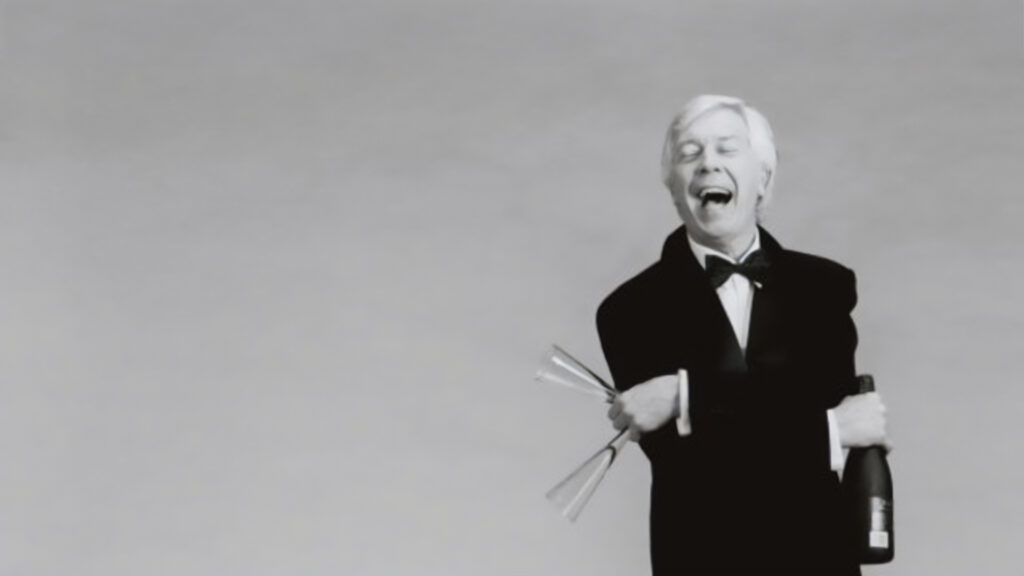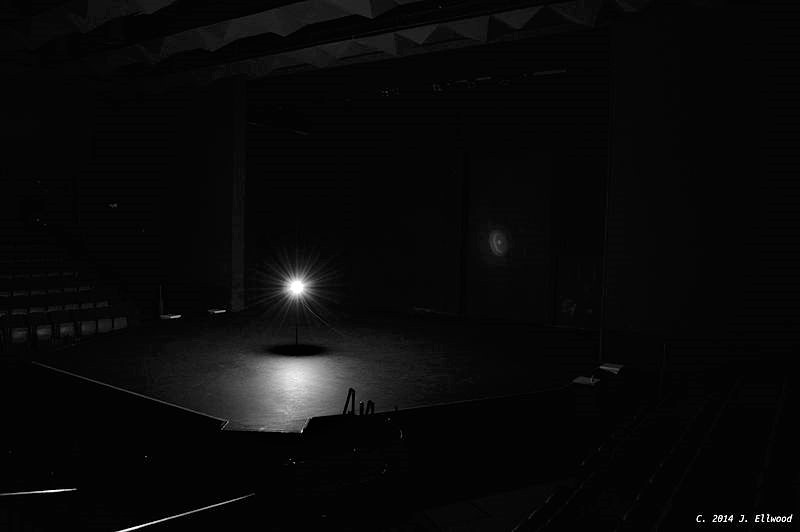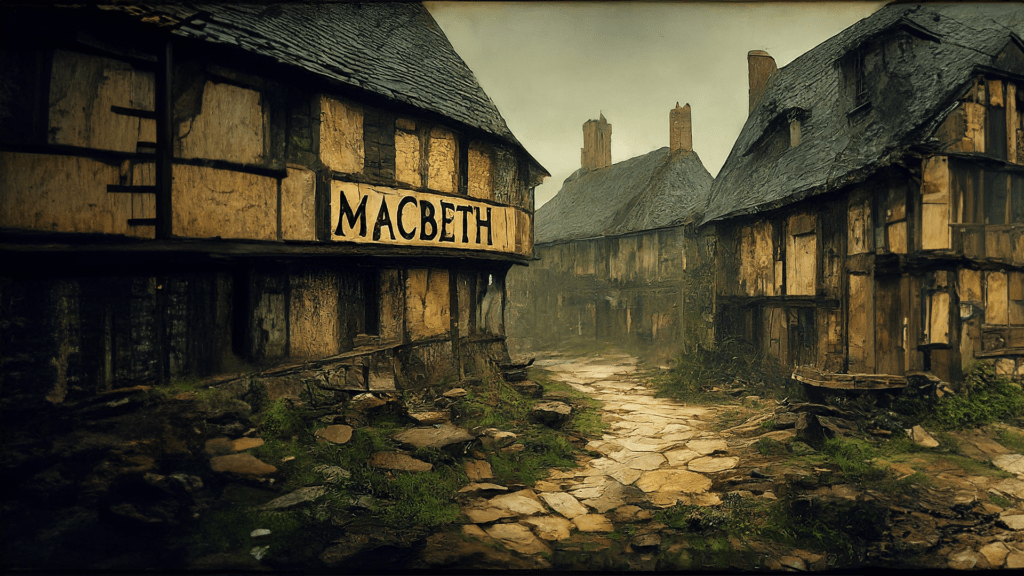
Chookas: Origin Stories, Facts and Fictions
The term “chookas” holds a special place in the heart of Australian (and New Zealand) theatre culture, conveying a sense of camaraderie and superstition, amongst its encouragement. But where does this quirky expression come from? Is it a piece of linguistic archaeology waiting to be decoded, or a modern invention wrapped in the mystique of tradition? There are quite a number of stories behind “chookas”, so this piece looks to separate fact from fiction.
Introduction and Definition
“Chookas” is the Aussie way of saying “good luck” in the theatre. It’s a term that encapsulates the spirit of the performing arts community down under, offering support and positivity without invoking the direct phrase “good luck,” which is often considered bad luck in superstitious theatre circles.
According to the Oxford Dictionary, the term “chookas” has been part of the Australian theatre vernacular since at least the 1950s, gaining widespread popularity in the 1990s alongside the rise of the internet. Its usage today reflects not just a wish for good luck but also a shared history and culture within the performing arts community. Despite its uncertain origins, “chookas” embodies the spirit of theatre: tradition, superstition, and community. The origins of “chookas” are as enigmatic as they are charming, with several theories competing for credibility.
The Italian Theory
One popular theory suggests that “chookas” may have evolved from the Italian word “ciuccio,” meaning “dummy” or “pacifier.” This connection is thought to relate to the theatrical practice of having an understudy or standby actor prepared with a dummy or pacifier, symbolising their readiness to step in if the main performer could not go on stage. The term “ciuccio” might have gradually evolved into “chookas” through a process of Anglicisation and colloquial use within the theatre community.
The Cockney Theory
Another theory posits that “chookas” derives from Cockney rhyming slang “chook and duck,” which rhymes with “good luck.” Cockney rhyming slang, originating from the East End of London in the mid-19th century, replaces a word with a phrase that rhymes with it. This linguistic creativity could have made its way to Australian shores, adapting into the theatre lexicon over time.
The Economic Theory
A more widely accepted theory within the theatre community ties “chookas” to the economic outcome of a performance. A full house meant performers could afford chicken (or “chook” in Australian slang) for dinner. Hence, “Chook it is!” or “Chookas!” became a way to wish for a successful turnout. This explanation resonates with many, offering a tangible link between the term and the lived experiences of performers.
The Non-Theory
A similar term “Chooka-Chooka” is found in a mid-20th-century language book by Alexander Wyclif Reed, who notes that it translates to “the dream” in some Aboriginal Australian languages. This translation, while fascinating, is speculative and lacks any concrete evidence. It also has no direct link to the theatrical use of “chookas”, other than the positive experience of both dreams and luck.
Colin Peasley OAM’s Anecdote
In 2013, Colin Peasley OAM, a veteran of the Australian Ballet, offered a personal account on ABC’s RN Radio that supports the economic theory of the “chookas” origin story. He recalls that in the days of J.C. William’s theatre empire, a full house meant performers could afford a luxurious chicken dinner. With over 60+ years in the industry, Colin’s anecdote provides the most tangible link to the term’s use and suggests that “chookas” is more than just a word; it’s a reflection of the hopes and realities of theatre life.
Conclusion
While the true origin of “chookas” may never be definitively proven, the term’s value lies in its ability to unite performers with a single word of encouragement. Whether it came from Italian immigrants, Cockney slang, Indigenous languages, or the simple economics of a performer’s life, “chookas” has become an integral part of the Australian and New Zealand theatre lexicon. It’s a reminder that in the world of performing arts, tradition, and camaraderie go hand in hand, with “chookas” serving as a perfect emblem of this enduring spirit.






